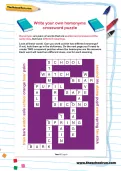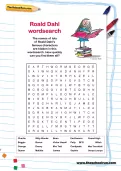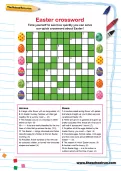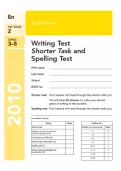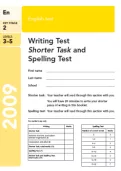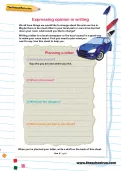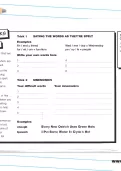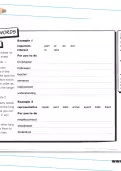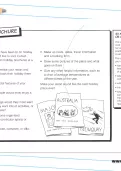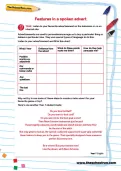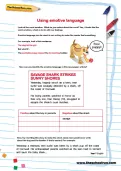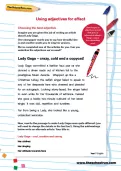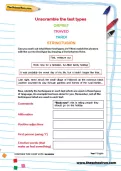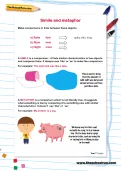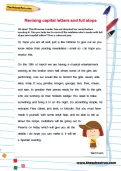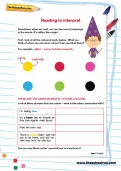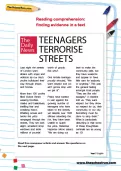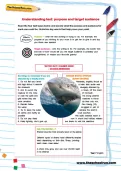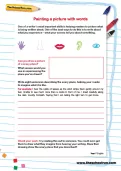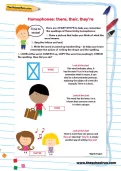Important update from TheSchoolRun
For the past 13 years, TheSchoolRun has been run by a small team of mums working from home, dedicated to providing quality educational resources to primary school parents. Unfortunately, rising supplier costs and falling revenue have made it impossible for us to continue operating, and we’ve had to make the difficult decision to close. The good news: We’ve arranged for another educational provider to take over many of our resources. These will be hosted on a new portal, where the content will be updated and expanded to support your child’s learning.
What this means for subscribers:
- Your subscription is still active, and for now, you can keep using the website as normal — just log in with your usual details to access all our articles and resources*.
- In a few months, all resources will move to the new portal. You’ll continue to have access there until your subscription ends. We’ll send you full details nearer the time.
- As a thank you for your support, we’ll also be sending you 16 primary school eBooks (worth £108.84) to download and keep.
A few changes to be aware of:
- The Learning Journey weekly email has ended, but your child’s plan will still be updated on your dashboard each Monday. Just log in to see the recommended worksheets.
- The 11+ weekly emails have now ended. We sent you all the remaining emails in the series at the end of March — please check your inbox (and spam folder) if you haven’t seen them. You can also follow the full programme here: 11+ Learning Journey.
If you have any questions, please contact us at [email protected]. Thank you for being part of our journey it’s been a privilege to support your family’s learning.
*If you need to reset your password, it will still work as usual. Please check your spam folder if the reset email doesn’t appear in your inbox.
Year 6 English worksheets
Free worksheets: Word puzzles, KS2, Y6
You’ll need to login or Register first to access these worksheets for free.
Write your own homonyms crossword puzzle
If not, look them up in the dictionary. On the next page you’ll need to create TWO crossword puzzles where the homonyms are the answers. Each word will need two different clues, one for each meaning.
Roald Dahl wordsearch
Witches, foxes, earthworms and more – they're all wonderful characters from Roald Dahl's books. See if you can spot the names of 20 children, villains and creatures from The BFG, Danny the Champion of the world, Charlie and the Chocolate Factory and other Dahl classics in this wordsearch. How quickly can you complete it?
Easter crossword
Writing summaries of news reports
Key Stage 2 - 2010 English SATs papers
Key Stage 2 - 2009 English SATs papers
Expressing opinion in writing
Tricks to help with tricky spellings
Recognise word patterns in words
Writing in the correct style
Features in a spoken advert
Open and closed questions
Victorious verbs
Using emotive language
Using adjectives for effect
Different adjectives can completely transform a piece of writing, as your child will find out when they write two contradictory reviews of a pop concert. Will they judge the singer as 'cool' or 'cold'?
